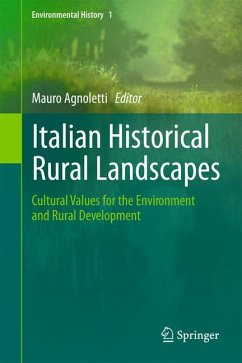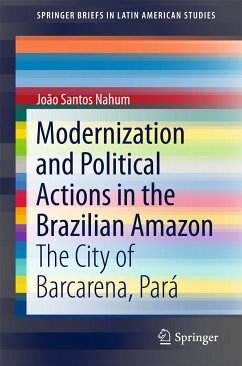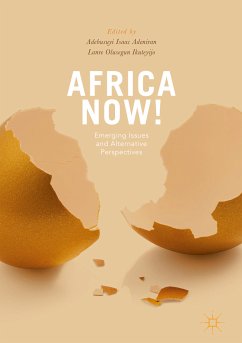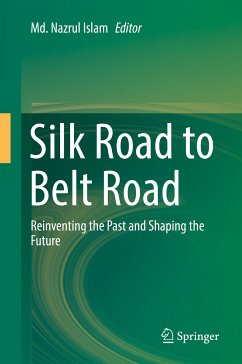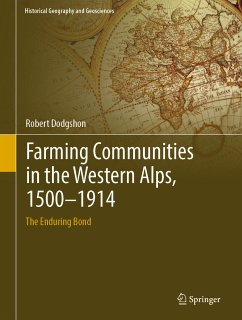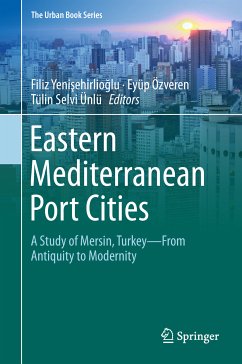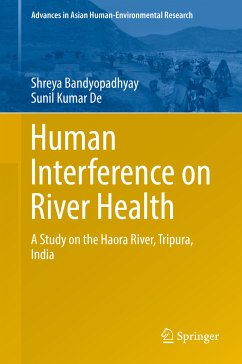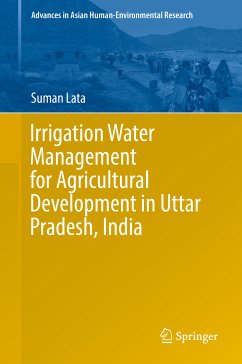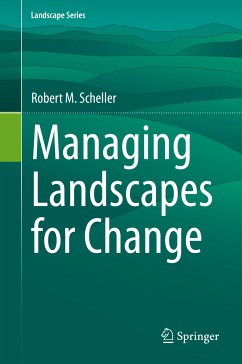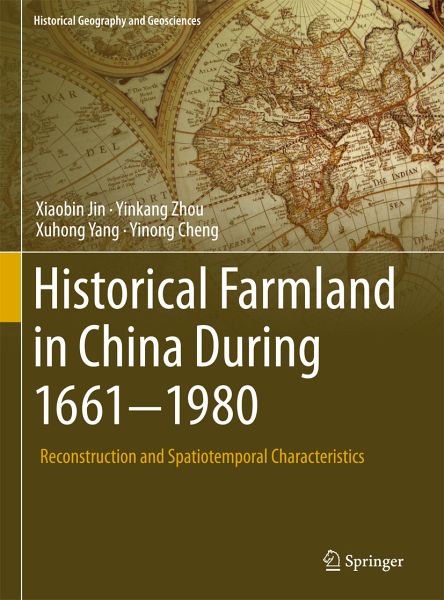
Historical Farmland in China During 1661-1980 (eBook, PDF)
Reconstruction and Spatiotemporal Characteristics
Versandkostenfrei!
Sofort per Download lieferbar
72,95 €
inkl. MwSt.
Weitere Ausgaben:

PAYBACK Punkte
36 °P sammeln!
Reconstructs the spatiotemporal pattern of historical land use in China from 1661 - 1980 Delivers insights on characteristics of historical land-use changes including cropland, forest, rural and urban land Provides a comprehensive overview of land-use data set reconstruction methods Integrates effectively historical land-use data from all available sources
Dieser Download kann aus rechtlichen Gründen nur mit Rechnungsadresse in A, B, BG, CY, CZ, D, DK, EW, E, FIN, F, GR, HR, H, IRL, I, LT, L, LR, M, NL, PL, P, R, S, SLO, SK ausgeliefert werden.



